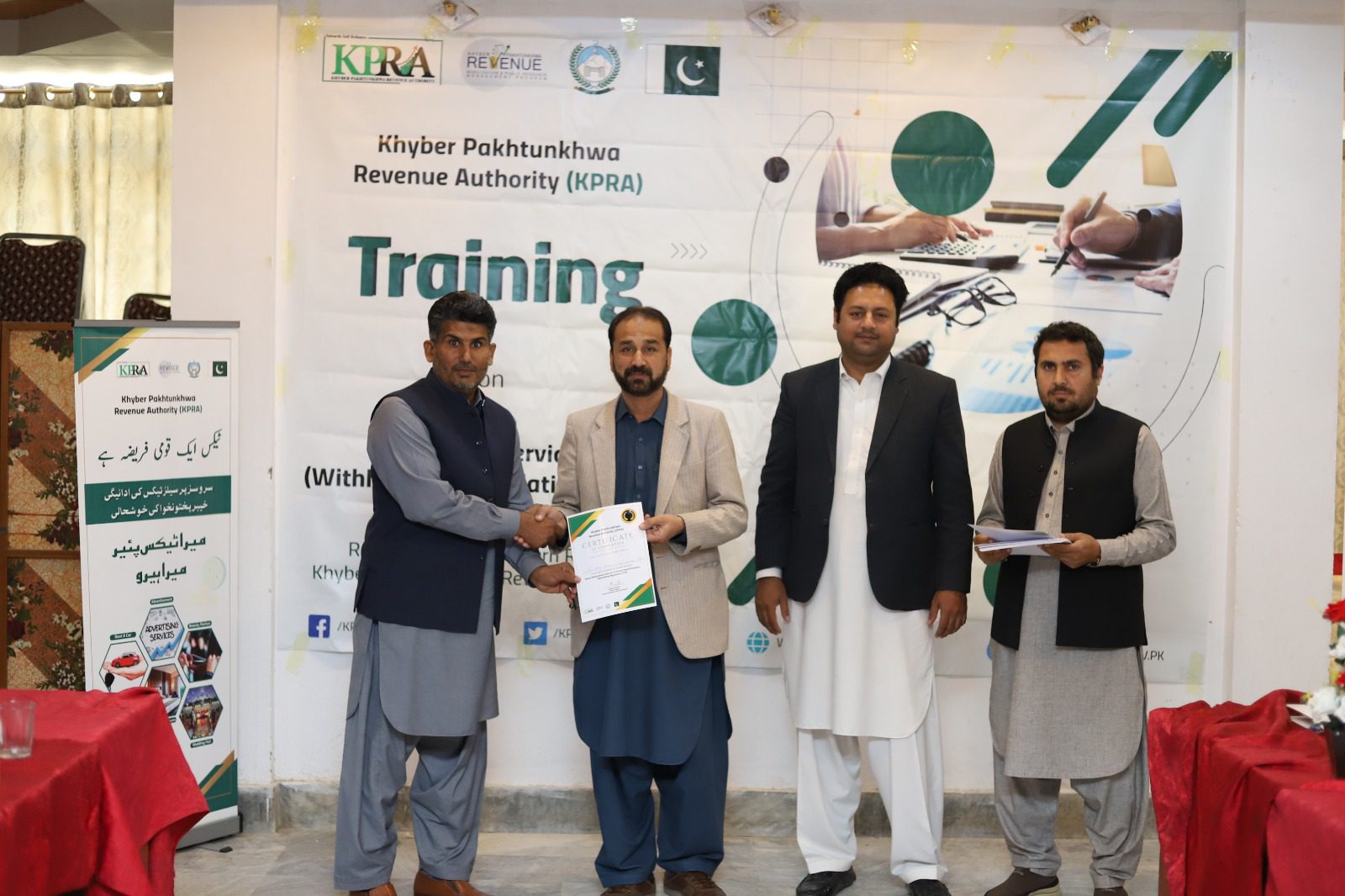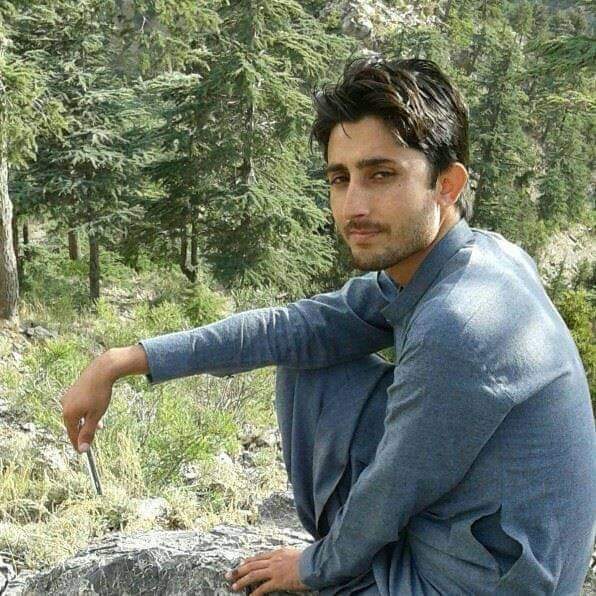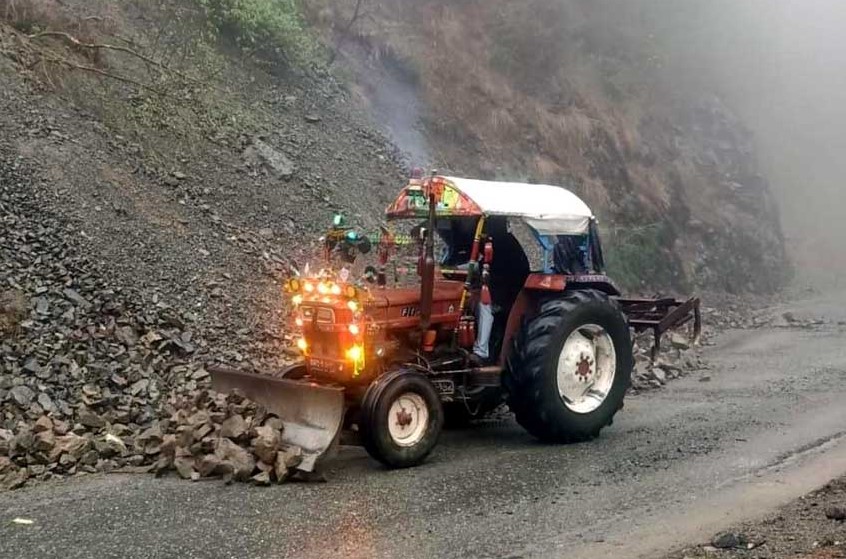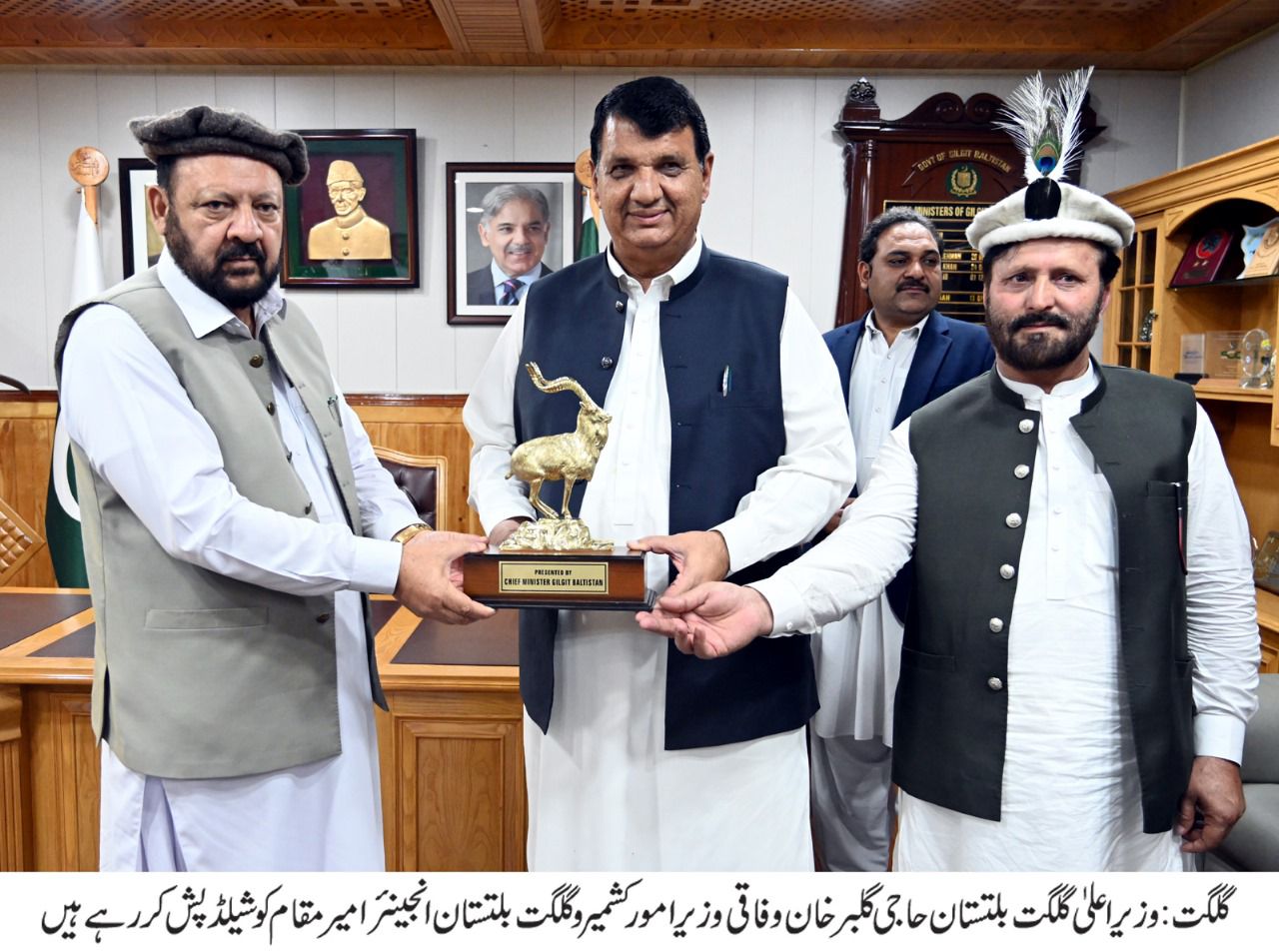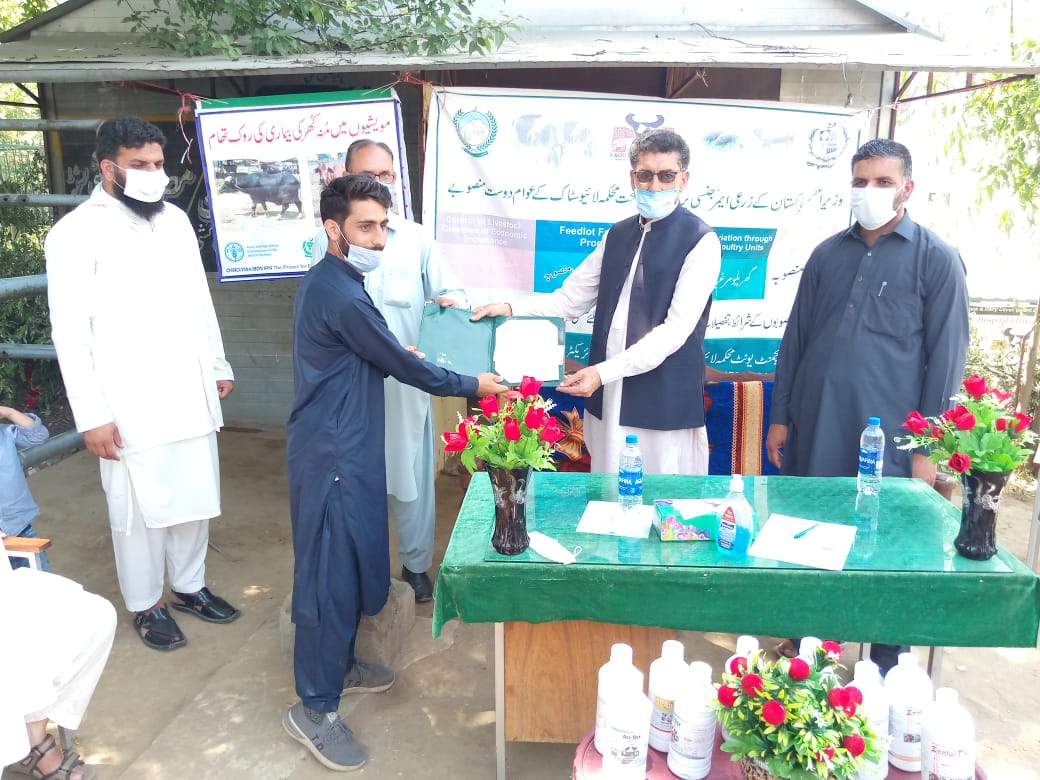Lahore’s Air Quality Plummets as Environmental Concerns Escalate: Journalists Advocate Action to Reduce Pollution and Urbanization Impact
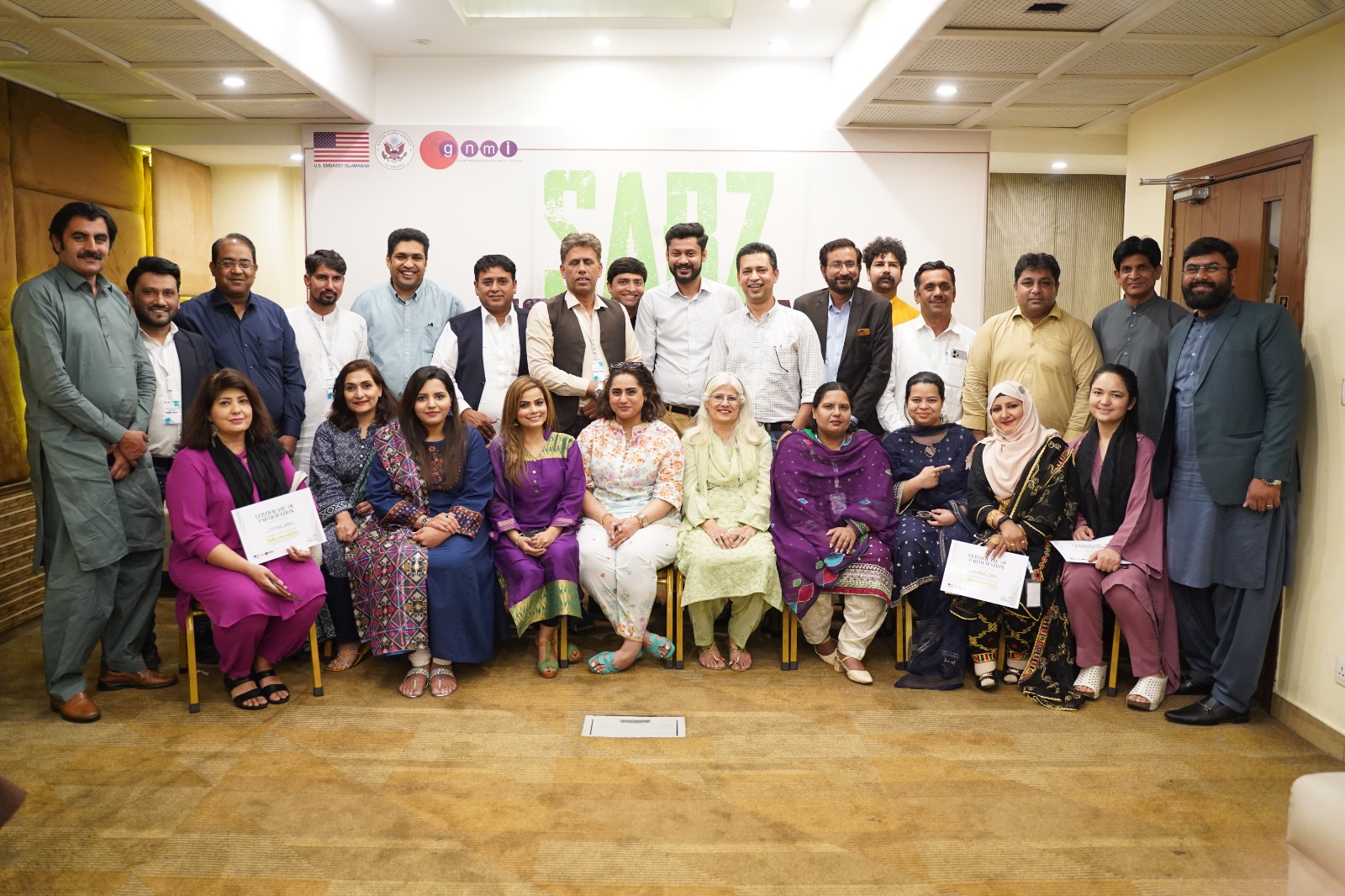
Lahore: Lahore, one of Pakistan’s most populous cities, grapples with severe environmental challenges ranging from air and water pollution to waste management issues. Journalists in the city have increasingly voiced their concerns over these pressing environmental issues, highlighting the detrimental impact on public health and the urgent need for sustainable solutions. Through investigative reporting and advocacy journalism, media representatives in Lahore are working for public awareness, holding authorities accountable, and driving positive change for a greener and healthier city.
The Global Neighbourhood for Media Innovation (GNMI), in collaboration with the United States Department of State, organized a 3-Day Sabz Environmental Journalism training in Lahore. Senior environmental journalist Afia Salam led the training to empower mid-level journalists, digital content producers, and filmmakers actively engaged in climate-related reporting across various media platforms.
“The Sabz Journalism Fellowship Program is our dedication to empowering journalists with the skills to address urgent environmental concerns,” Husnain Raza, Director GNMI. “By training a new cohort in Lahore proficient in data-driven reporting and investigative methods, we’re laying the groundwork for informed discussions and impactful solutions to climate challenges,” he added.
The training covered various aspects, including insights into environmental science, differentiating between climate and ecological issues, adopting data-driven and investigative approaches to storytelling, learning digital narrative techniques, and devising effective content-sharing methods. Practical exercises were incorporated to strengthen participants’ storytelling abilities, emphasizing integrating environmental angles into their regular reporting practices.
The sessions featured industry experts like Talha Ahad, CEO and founder of The Centrum Media (TCM), a prominent digital news network, and Badar Khushnood, co-founder of Bramerz and Fishery, a leading digital startup in Pakistan. Sabz Journalism fellows benefited from their wealth of experience, learning about digital news startups and marketing strategies aimed at developing or enhancing their digital news platforms for environmental reporting.
Addressing the fellows, senior broadcast journalist Ajmal Jami emphasized the significance of leveraging digital media skills to educate the public about climate mitigation and adaptation. “We cannot ignore the alarming decline in Lahore’s air quality, and we must take urgent action to address the environmental challenges we face,” pointed out Jami. He also elucidated the significance of informed reporting on the ongoing environmental degradation in Lahore city and the Ravi river basin, where pollution from urban, industrial, and agricultural sources poses significant risks to human health, food security, and water safety.
“The degradation of Lahore’s environment is a pressing issue that demands immediate attention,” remarked local journalists from Punjab’s capital city. We must work together to reduce pollution and its impact on our city. Another participant added, “As journalists, we must highlight our city’s environmental issues. Independent media platforms are essential to call for decisive action to combat pollution and urbanization.”
Fellows belonging to the reputable media houses of Lahore, including The News, Pakistan Television (PTV), Daily Jang, Express News, Samaa TV, Public News, Hum News, and various print and digital media outlets, participated in the event.
Sabz Journalism Fellowship Program aims to empower journalists with the necessary skills and knowledge to report effectively on environmental issues, promoting awareness and understanding among the public. The program also seeks to promote data-driven and investigative reporting and achieve inclusive economic growth and sustainable development by producing and disseminating climate-focused content on digital media platforms.


